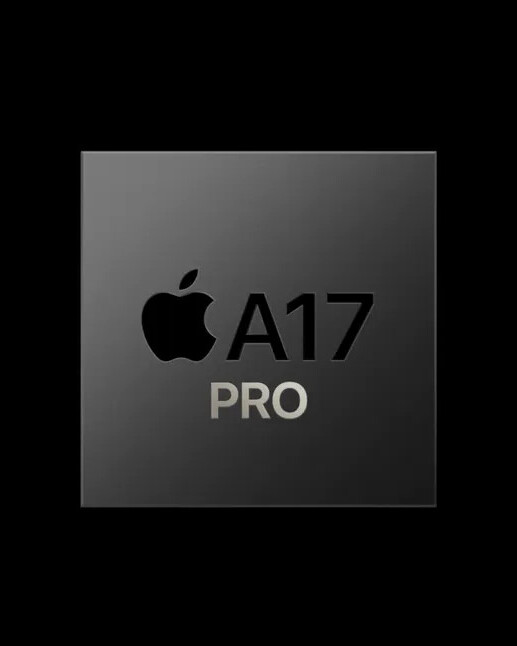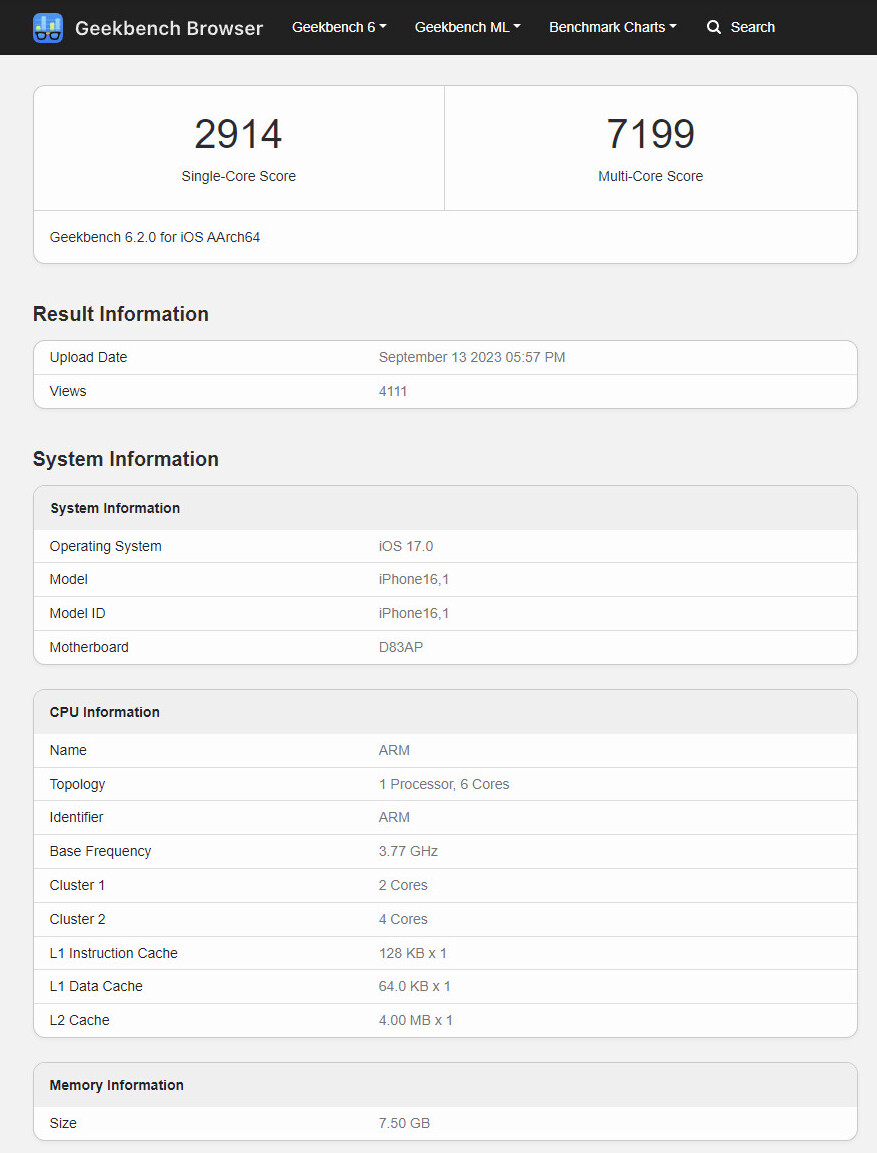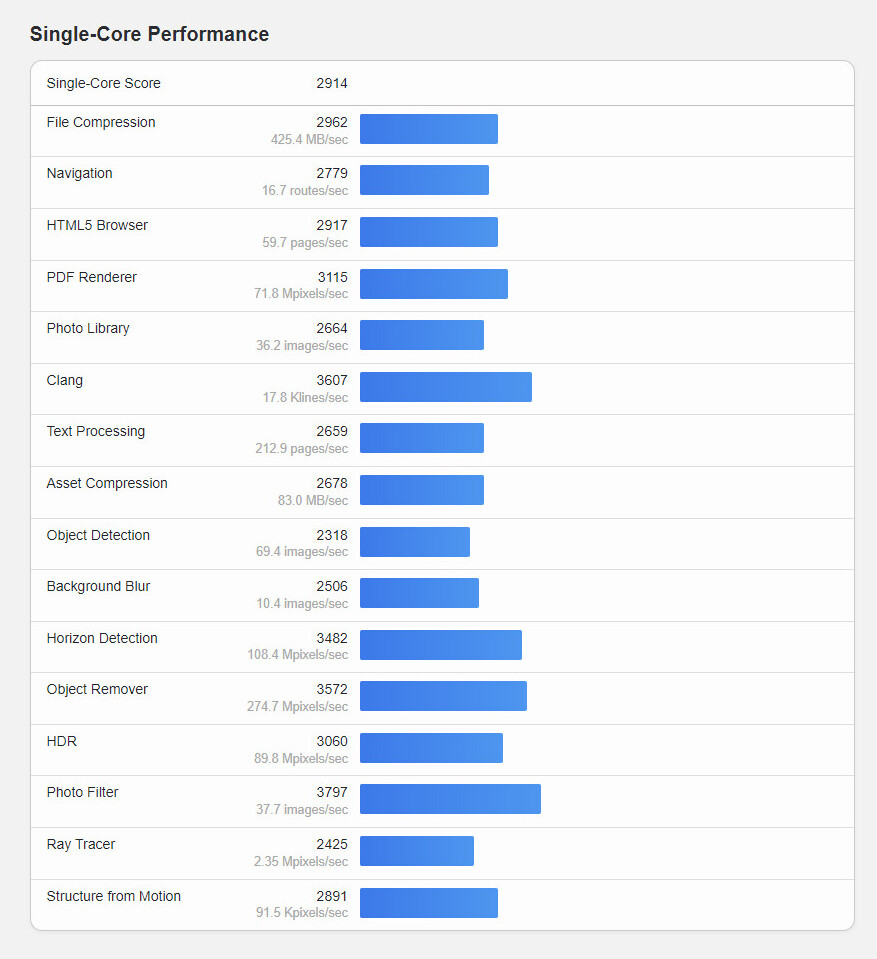An Apple "iPhone16,1" recently underwent testing on Geekbench 6.2. According to database information, this pre-release sample was running iOS 17.0 (currently in preview) and its logic board is referred to as "D83AP". It is interesting to note that a 16-series unit is being tested so soon after the unveiling of Apple's iPhone 15 Pro and Max models. The tested device appears to be equipped with an A17 Pro SoC. Apple has set high expectations for this flagship chip, as it is touted as "the industry's first 3-nanometer chip". The A17 Pro brings significant improvements to the entire chip, including a major GPU redesign and a CPU that is up to 10% faster with microarchitectural and design enhancements. The Neural Engine is also now up to 2x faster.
Tech news sites have analyzed the leaked unit's Geekbench 6.2 scores. The A17 Pro chipset (TSMC N3) outperforms the previous generation A16 Bionic (TSMC N4) by 10% in single-core performance. Apple had already revealed this performance boost during the recent iPhone "Wonderlust" event, so the result is not surprising. The multi-core improvement is only around 3%, indicating that there have been minor tweaks to the underlying microarchitecture. The A17 Pro surpasses Qualcomm's Snapdragon 8 Gen 2 in both single-core and multi-core categories, with scores of 2914 vs. 2050 (SC) and 7199 vs. 5405 (MC) respectively. Earlier leaks suggested that the "A17 Bionic" could compete with high-end Intel and AMD desktop CPUs in terms of single-core performance, and the latest Geekbench 6.2 entry partially confirms those claims. The A17 Pro's single-threaded performance is within 10% of the Intel Core i9-13900K and Ryzen 9 7950X processors. However, it is important to note that the A17 Pro operates at 3.75 GHz, while its competitors work at around 5.80 GHz and 6.0 GHz respectively, according to the benchmark.



